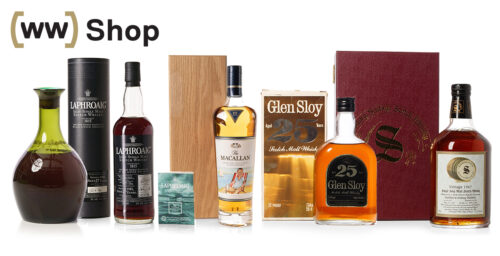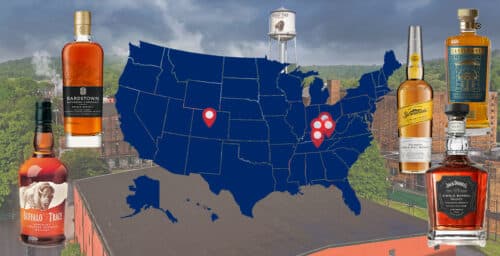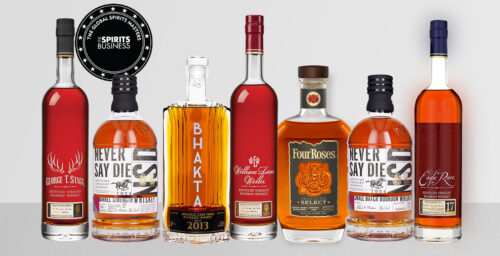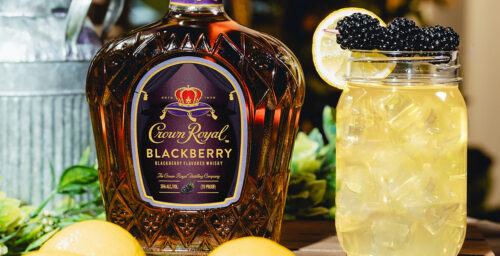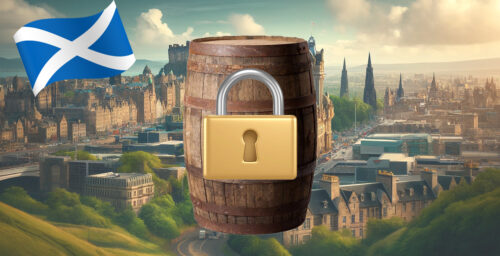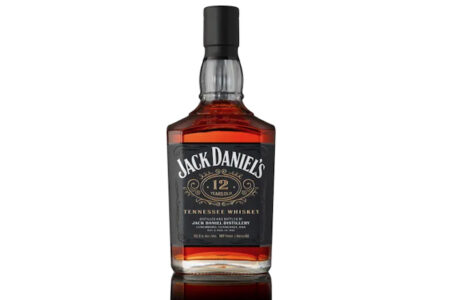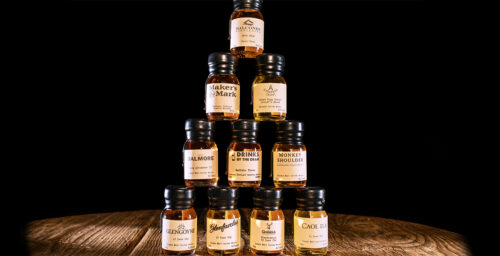Innovation is at the heart of the growing American whiskey industry, and along with that comes an inevitable evolution.
Pernod Ricard USA has a portfolio of American whiskey brands that spans regions and helps define the fast-growing category through a “new-fashioned” approach.
Craig Johnson, vice president of marketing for Pernod Ricard, said in a recent interview with The Whiskey Wash his company re-entered the American whiskey market and found that bourbon particularly is seeing major growth.
“We looked at the expanse of occasions with which bourbon is found, and that makes the market attractive. The amount of growth overall in the category, it allows Pernod’s portfolio of brands to take advantage of unique partnerships,” he said.
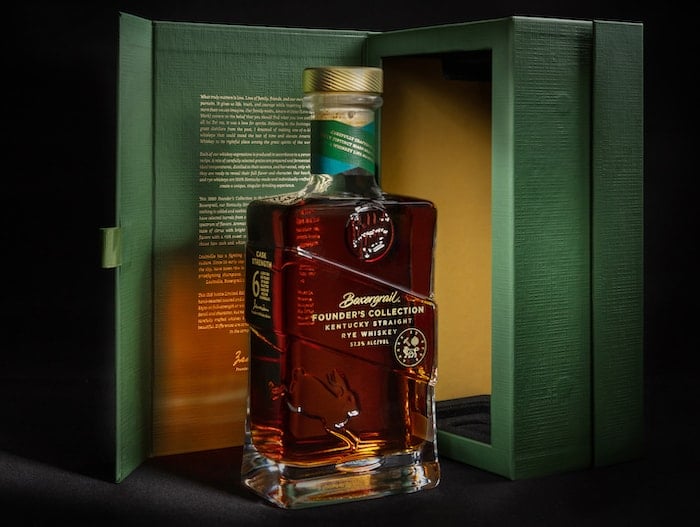
Those partnerships come in the “super premium” category, which is all about “new fashioned” whiskies, Johnson noted. “It’s really experiential. It’s about pricing and values … the experiences these special whiskies give. Whiskies in their original locations, like Kentucky, Texas, West Virginia.”
He said that Pernod Ricard has a “great breadth of brands” with unique mashbills, that are active in aging. Brands like Jefferson’s Ocean, or the bourbons that see the the types of blending going on in West Virginia.
“Each brand is unique in its own way, and that’s where we grow in American whiskies,” Johnson said. “People line up around the corner at Rabbit Hole, for example, for a new release, a limited edition, something new and something special.”
Kaveh Zamanian, founder and CEO of Rabbit Hole, said in the same interview that’s where his brand fits in. “We’re something unique and special, with one-of-a-kind mashbills. We took a chance, a risky proposition really, that where most buy sourced whiskies to start, we came with unique mashbills and special grains … we came to market with innovation.”
To break into the bourbon world, Zamanian said it was all about grain selection, wood selection, and maturation. “And interestingly, we were inspired by the culinary world, great chefs that put together great ingredients. Our whiskey is like that. And we find a freedom in that.”
One of Rabbit Hole’s whiskeys, Cavehill (named for famed Louisville cemetery) is an homage to the famous distillers that came before this generation that are buried there. It’s a four grain, triple malt whiskey.
Another Rabbit Hole whiskey, Heigold, features a mashbill not like any other. Zamanian said unique whiskey recipes like these two help their brand stand out.
“Because consumers are brighter, more intelligent about what they want in whiskey,” Zamanian said. “There’s something valuable about premiumization. They are seeking a unique experience in each bottle.”
Johnson and Zamanian both agreed that the future of American whiskey is the unique experiences in each bottle.
“I see parallels (between the present whiskey industry) to the craft beer industry of 30 or 40 years ago,” Johnson said. “It’s evolution and a return to tradition at the same time.”
As an example, Johnson said that after the American Civil War, there were about 2,000 distilleries just in Kentucky alone. “They were doing everything with whiskey. Trying new things, new recipes. … Then prohibition and WWII comes, and things began to fade away.” He said the whiskey industry got stale.
“But, we have an opportunity now to go back to the traditions, and to do so with modernity,” Zamanian said.
His Rabbit Hole Distillery is among the pioneers in whiskey right now, leading the way with unique mashbills. At Jefferson’s, they are taking aging to a new level by putting whiskey barrels on ships and sending them around the world.
Zamanian said the whiskey industry must have a distinct vision in this day and age. “And, we need great partners. In the supply chain, from cooperage to bottling, we need partners that can get the product where it needs to be. In this industry, you can’t work in a silo. Rabbit Hole’s partnership with Pernod just makes sense, they get the value of ideas.”
Johnson said that for Pernod Ricard, partnerships have to go beyond their American whiskey brands.
“On a global scale, whether it be Jameson or whatever, we are bringing the founders of these brands in and we are investing in their authenticity. You must build authentic brands, you have to find out what their vision is in a bottle,” Johnson said.
And Pernod Ricard is looking for distinct assets, promotional assets. “Our American whiskey portfolio is really about this. Our whiskies are for every occasion. The whole portfolio, we want our products to be there for every moment of conviviality.”
At Rabbit Hole, Zamanian said innovation is part and parcel of what they do every day.
“Like our founder’s collection,” he said, holding up a bottle of it. “It’s a line where we’re positioned to stretch and flex our creative muscles. In the distilling, the maturation, and the finish. And we have dozens of projects in the works right now that fall under the innovation camp. New expressions are a big part of what Rabbit Hole is doing.”
Rabbit Hole plans for an upcoming special release in French oak, at cask strength, in time for the next Kentucky Derby. “We have to keep innovating and stretching the realm of bourbon,” Zamanian noted.
Johnson said that consumers want new, they want to explore, and they want something they haven’t seen or tasted before. “Stagnation in this business is not acceptable. That is why innovation is so important.”



